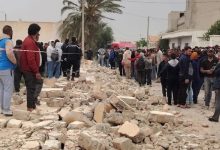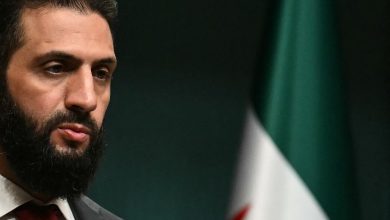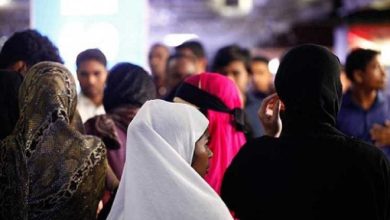Sidi Bouzid School Tragedy Exposes Deep Crisis in Tunisia’s Public Institutions
Wall Collapse That Killed Three Students Sparks Outrage Over Neglect, Misgovernance, and National Decline.
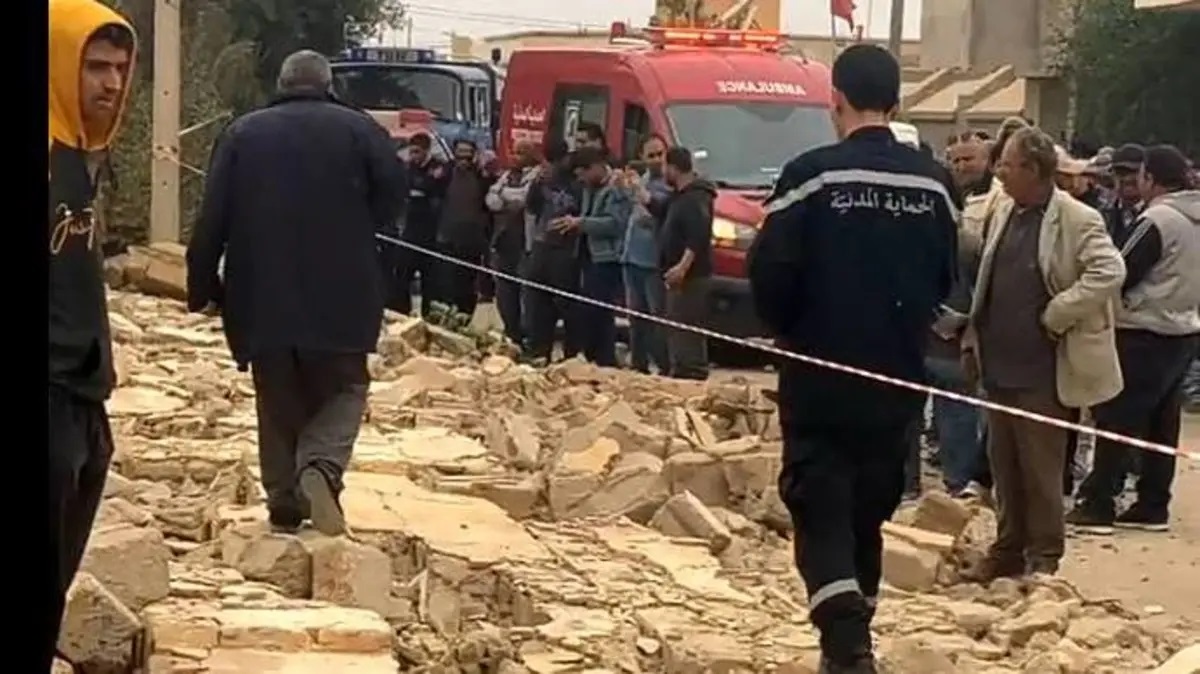
Watan-The recent tragedy in Sidi Bouzid offered a snapshot of the collapse of Tunisian institutions under President Kais Saied, who has been ruling the country for nearly six years and has held all powers for the past four.
The governorate of Sidi Bouzid (in central Tunisia) has witnessed a state of unrest since Monday, following the death of three students (aged 18 and 19) and the injury of others after a wall collapsed at a secondary school in the Mezzouna area.
The incident, now referred to as the “Tragedy of the Wall Martyrs,” has revived memories of the deteriorating situation in the “cradle of the Tunisian revolution”—the same region where the first sparks that toppled former President Zine El Abidine Ben Ali began.
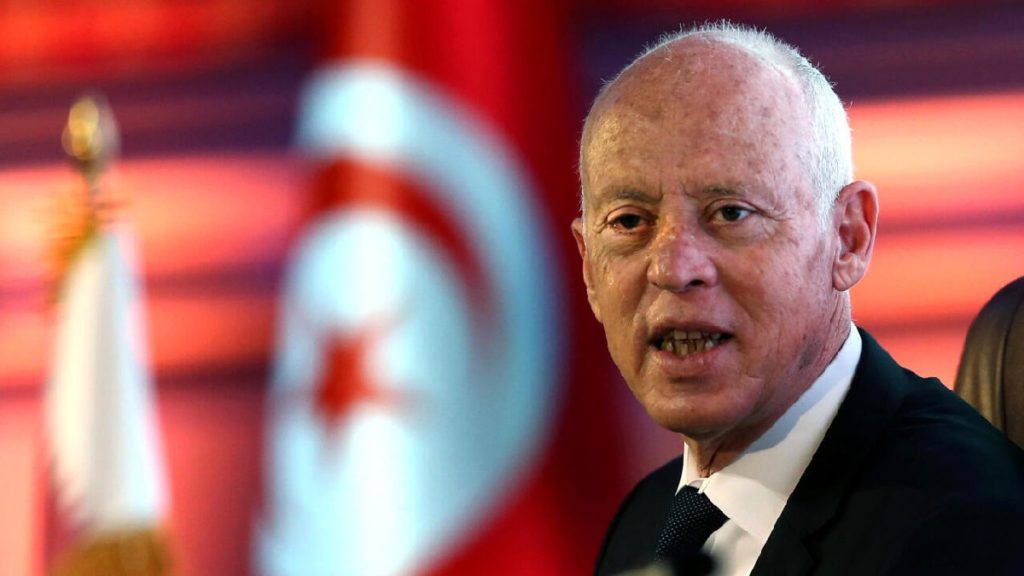
Opposition Blames President Saied for Sidi Bouzid Tragedy
While President Saied called for no leniency in holding those responsible for the incident accountable, the opposition denounced the authorities’ “neglect” of the victims’ families’ suffering and their failure to offer an apology or condolences.
The Republican Party held President Saied and his government fully politically and morally responsible—“especially in light of the repeated rhetoric about ‘construction and development,’ while the walls of public institutions are collapsing on the heads of our children.”
The party stated that what happened “was not a random accident but a direct result of years of marginalization, poor governance, and a lack of genuine political will to reform the public sector, despite repeated warnings about the dangerous state of many educational institutions.”
The party also argued that “persisting with the same accusatory and distrustful rhetoric that has become a hallmark of the President’s speeches will not fix the state of educational institutions, nor will it resolve the deep crises the country is facing in various sectors.”
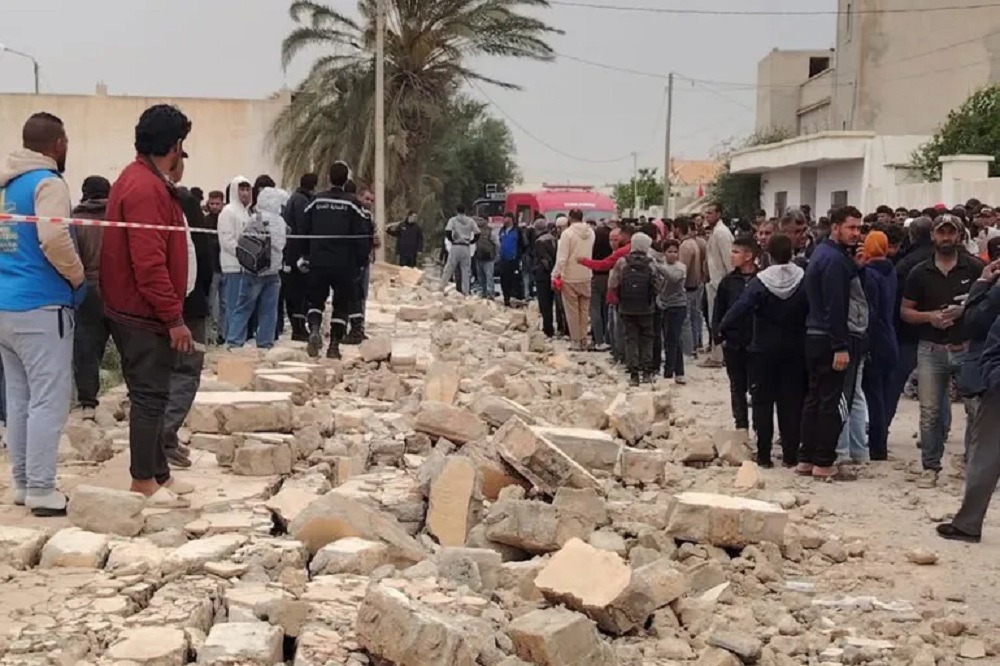
Riadh Chaibi, advisor to the head of the Ennahda Movement and a leader in the National Salvation Front, wrote: “It was not just the wall of the Mezzouna school that collapsed on our children—it is all of Tunisia’s walls that are at risk of meeting the same fate.”
He explained: “The wall of dignity, freedom, and justice—the highest wall built by Tunisians during the democratic transition—is now on the verge of collapse, along with the walls of the national state, social harmony, education, health, transportation, and public services.”
The Tunisian Observatory for Human Rights called on the authorities to “take responsibility for protecting our children, ensuring their safety, and preventing them from dying under crumbling walls and structures.”
It also called for efforts to “address the issues facing the public education system and to focus on reforming it using advanced scientific approaches and through genuine, in-depth consultations and effective academic frameworks—far from populist slogans and hollow rhetoric.”


